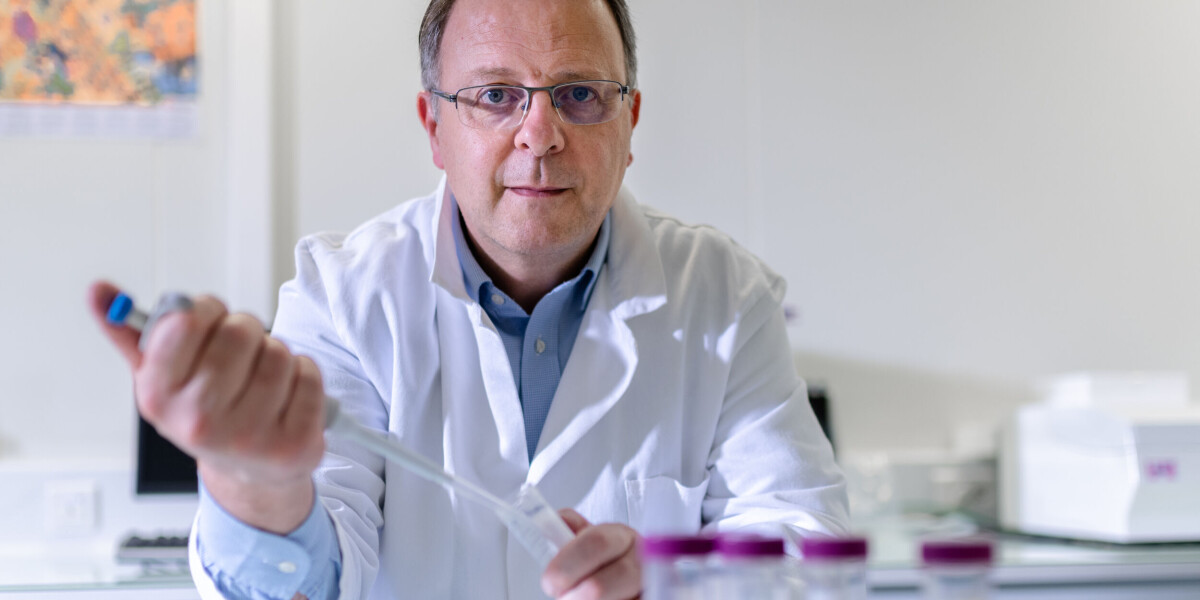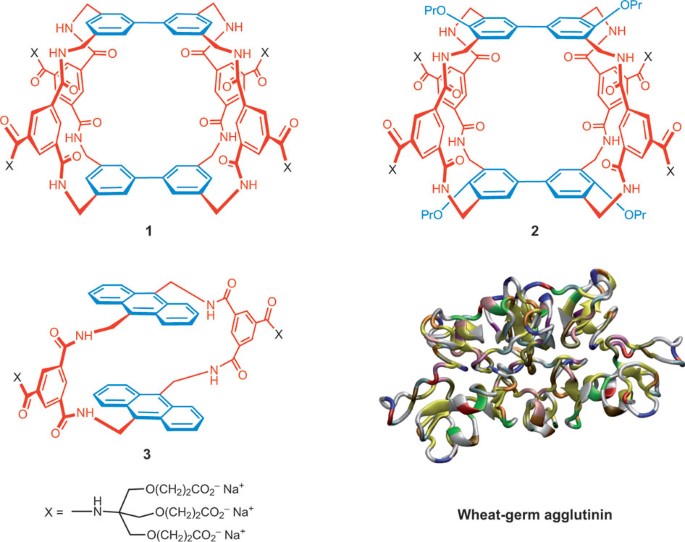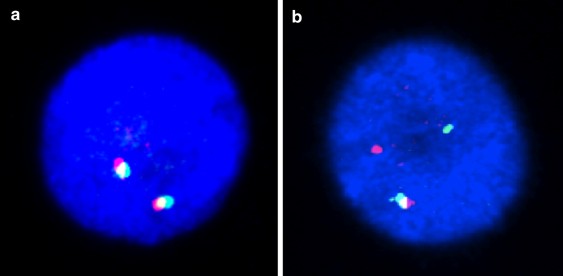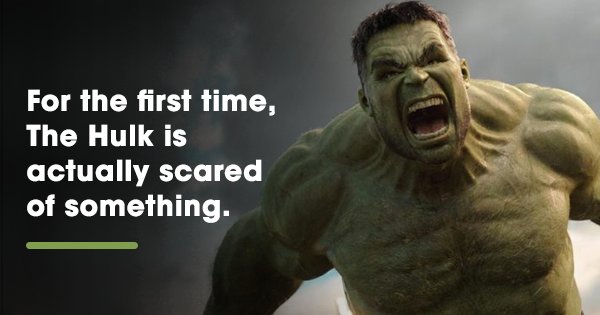
- Select a language for the TTS:
- UK English Female
- UK English Male
- US English Female
- US English Male
- Australian Female
- Australian Male
- Language selected: (auto detect) - EN
Play all audios:
THE BREAKTHROUGH, WHICH CAME OVERLOOKING A BEACH IN ROSCOFF, IMPROVES THE SUCCESS RATE OF ORGAN TRANSPLANTS A product developed from worm blood has been approved for medical use – and all
because of a thought that struck a marine biologist as he gazed out at a beach. HEMO2life extends the useful life of donor kidneys and other organs. Clinical trials over four years showed
patients who had new kidneys which used the product had a 12% better chance of the transplant being completely successful. MARINE WORM WONDER Franck Zal, who discovered the extraordinary
properties of marine worm blood, told _The Connexion_: “It was one of those moments which happen in science – I was in my laboratory at Roscoff, looking out at the beach and the sea and
seeing, as usual, people digging for worms, and I suddenly thought ‘How do they survive so long out of water?’. “Most humans can only hold their breath for at most two or three minutes, and
yet these little animals, which have been on the earth for 450 million years, can last six hours. It is incredible.” He set out to find how some marine worms, especially the _arénicole_
(lugworm) which has gills, can survive for six hours without oxygen when the tide goes out. Lugworms are dug at low tide because they make excellent bait for fishermen. PLAN TRANSPLANTS IN
ADVANCE Dr Zal discovered haemoglobin in their blood, not attached to red blood cells, is 250 times smaller than haemoglobin in human blood and can carry 40 times more oxygen. HEMO2life
allows hospitals to plan transplant operations ahead of time. READ MORE: ORGAN DONATION IN FRANCE: WHY IT IS GOOD TO TALK ABOUT IT “You no longer need transplant teams working at 3.00 in the
morning because the kidney will now be as fresh at 9.00 as at 3.00.” Dr Zal, who was inspired to become a marine biologist after meeting famous French ocean explorer Jacques Cousteau, was
at the time working as a post-doctorate researcher for CNRS, the state-funded research body. He was taken on the research ship _Nautilus_, which sent submarines 4,500m under the sea so he
could study giant 3m-long marine worms that live there. His discovery of the make-up of lugworm blood and potential uses for it led CNRS and Sorbonne University, to which his laboratory was
attached, to agree to him forming a spin-off company called Hemarina in 2007. FISH FARM In 2013, it bought a fish farm on the island of Noirmoutier, off the Vendée coast, to breed worms in
the strict conditions necessary for pharmaceutical products. “In the lab we can breed the worms two or three times a year, whereas they only breed once in nature, and we harvest them after
three months,” Dr Zal said. The 13-hectare farm has the potential to produce 30 tonnes of worms a year, although at present it is producing just five tonnes. The worms are killed by freezing
them, which also helps separate out the haemoglobin. This is then purified, sterilised and packaged in a three-week process. At the end of this, a vial of HEMO2life, suitable for one
kidney, will contain the equivalent of the blood of 10 worms. It is mixed with a litre of organ-preserving solution and 200ml is injected into the kidney to flush out the human blood. The
kidney is then put into a bag with the remaining 800ml of mixed solution. A big advantage of lugworm blood-based products is that they are compatible with all human blood types. OTHER WORM
BLOOD USES Other lugworm products nearly ready to be commercialised include a treatment for mouth disease caused by bacteria which thrive in low-oxygen environments, and plasters to help
heal skin ulcers, especially in diabetic patients. The worm blood products can also be used to enhance athletes’ performance, but Dr Zal has passed on their chemical make-up to the world
anti-doping agency. They now show up on blood tests and feature on its banned substance list. RELATED ARTICLES FRENCH SCIENTISTS MAKE BREAKTHROUGH CANCER TREATMENT DISCOVERY TRANSPLANT
PATIENT FIGHTING FOR FRANCE TO PAY €1M US HOSPITAL BILL DOCTOR’S SLIMMING BELT WINS FRENCH CONTEST AFTER JUDGE LOSES WEIGHT





